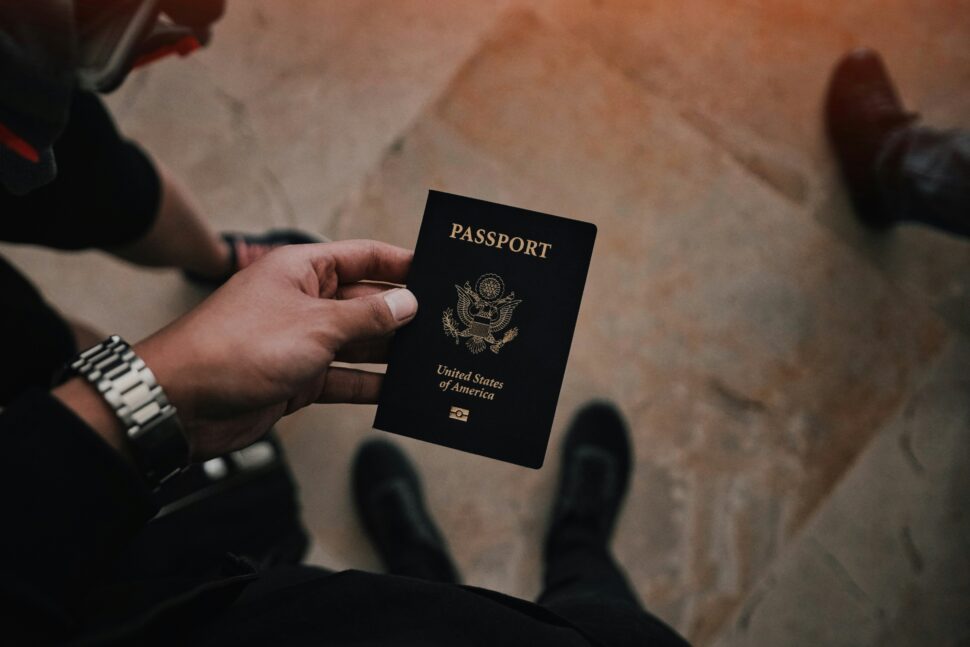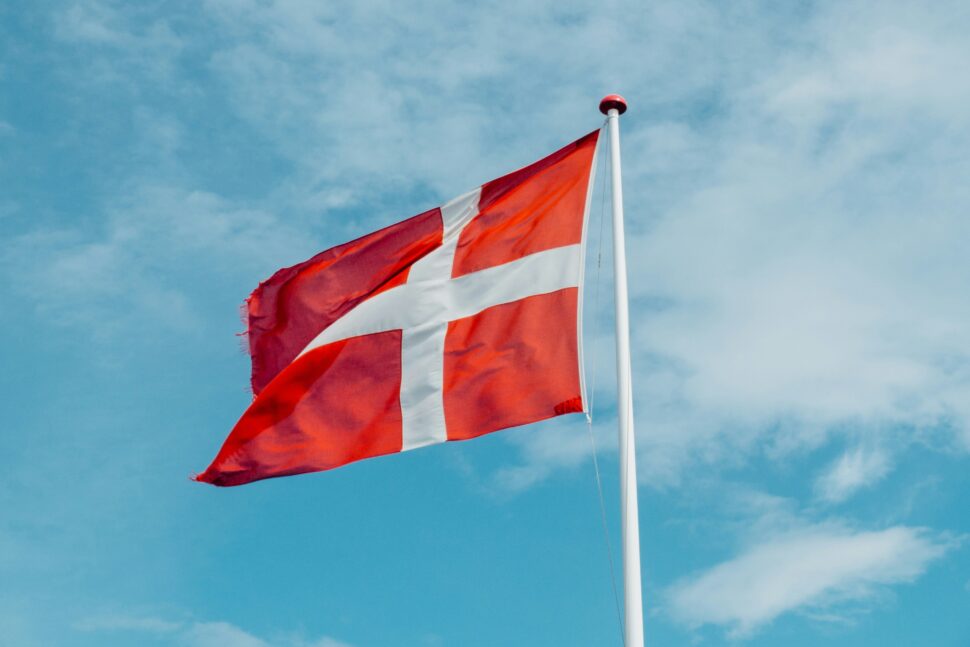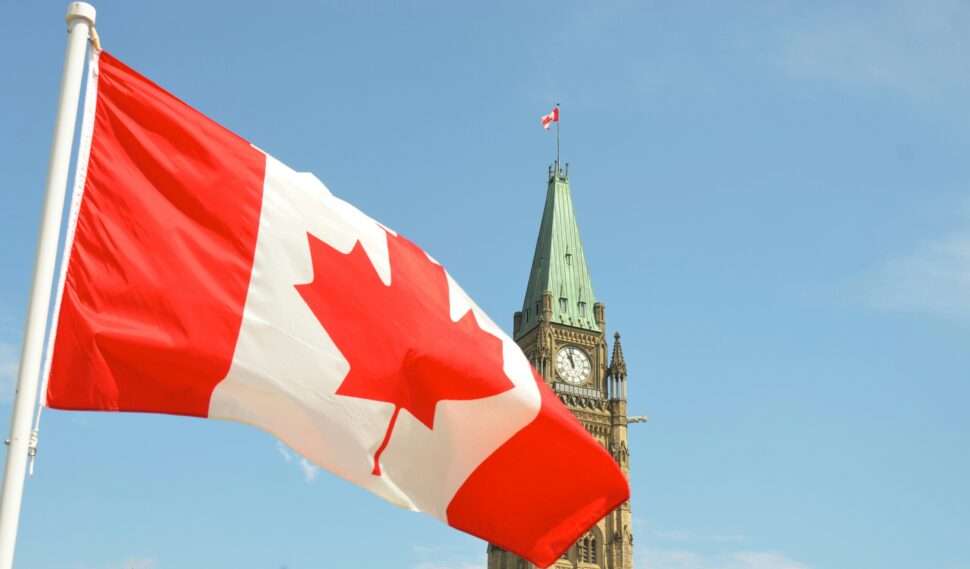In recent times, the topic of passports for transgender individuals has gained significant attention. This, in turn, has sparked important conversations about identity, inclusivity and the challenges of traveling in a world where documentation often doesn’t reflect one’s true self. This is especially true in light of the Trump administration’s changes to gender markers on passports. These shifts have made it increasingly difficult for transgender people to travel freely, highlighting how legal and government systems can impact people’s ability to move through the world as their authentic selves.
With discussions around the gender binary, human rights and access to resources for transgender individuals more prominent than ever, the conversation about passport gender markers is now more crucial than ever. The issue has gained massive attention and even has caught the attention of various other countries, who are flagging how the United States is treating its LGBTQ+ citizens, which may even lead to travelers avoiding the country all together. While a passport surely influences a person’s ability to travel, it can mean a whole lot more than that. For transgender people, the passport is more than just a document; it’s a symbol of recognition, dignity and the right to explore the world without barriers.
What’s Happening to Passports for Transgender People?

The United States has made important changes to its passport policies regarding gender markers in recent times. Under the Biden administration, the U.S. implemented a policy in 2021 allowing individuals to select “M” (male), “F” (female), or “X” (a gender-neutral option). This change enabled transgender and non-binary individuals to choose the gender marker that best aligns with their identity without needing to provide medical documentation or undergo gender confirmation surgery. It reflected a shift toward greater inclusivity, acknowledging the right of individuals to self-identify.
However, during the Trump administration, there have been attempts to limit gender recognition on passports. This includes an executive order to remove the “X” marker option and restrict gender marker changes altogether. So, instead of being able to self identify outside of the gender binary, transgender (and non-binary) people are being forced to assimilate. The State Department has suspended its inclusive policy and they are no longer issuing passports with the “X” marker. For people who already have a passport with an “X” (or gender marker that does not align with their assigned sex at birth), there is some trouble ahead. Basically, those passports are valid until they expire which means passports for transgender travelers will be replaced. With passports only lasting between 5-10 years depending on a person’s age when issued, it can potentially be a very traumatic and discouraging change.
Recent Changes Have Sparked Travel Advisories
In response to these challenges, some countries have issued travel advisories for transgender individuals, cautioning them about potential difficulties when traveling to the U.S. due to new policies about passports for transgender travelers. These advisories highlight concerns that transgender travelers might face complications due to inconsistent recognition of gender markers or possible discrimination at U.S. borders. This is particularly due to border control agents seeming to be selective about who and what may justify detainment.
Countries like Canada and several European nations have voiced concerns after the U.S. policy change. They have mostly been concerned about the risks transgender individuals might encounter when traveling to the U.S. This situation has raised concerns among transgender travelers, leading to legal actions challenging the U.S. policy changes. Federal Judge Julia Kobick is currently considering whether to block the Trump administration’s policy, but here’s how other nations are responding.
Denmark

In March 2025, Denmark updated its travel advisory for transgender individuals planning to visit the United States. The Danish Ministry of Foreign Affairs recommended that travelers whose passports feature the “X” gender designation (or who have changed their gender marker) contact the U.S. Embassy prior to their trip to alleviate confusion and concern. Denmark’s own policy allows its citizens to choose from male, female or “X” gender markers in their passports. However, due to the recent U.S. policy changes and lack of clarification about penalty, authorities are advising travelers to be careful.
Finland

In March 2025, Finland updated its travel advisory for transgender individuals planning to visit the United States. The Finnish Ministry for Foreign Affairs cautioned that if a traveler’s gender in their passport differs from their assigned sex at birth, U.S. authorities may deny them entry. As a result, travelers with gender markers differing from their birth-assigned sex are advised to consult with U.S. authorities prior to their journey to ensure compliance with entry requirements.
In contrast to America’s newest travel policy, Finland’s own passport policy offers a more inclusive approach. Citizens can select from male, female or “X” gender markers on their passports, providing recognition for nonbinary and gender-diverse people. This policy shows Finland’s commitment to acknowledging diverse gender identities, even as travelers may face challenges abroad due to differing international standards.
Germany

In March 2025, Germany updated its travel advisory for transgender and nonbinary citizens planning to visit the United States. The German Federal Foreign Office highlighted that U.S. policies now recognize only male and female gender markers on official documents following President Donald Trump’s executive order mandating the change. As a result, German travelers whose gender identity differs from their sex assigned at birth are advised to consult the U.S. before traveling to understand entry requirements and solve potential issues at U.S. borders.
In contrast, Germany’s own policies have become more inclusive in recent years. The Self-Determination Act has been effective since Nov. 1, 2024, allowing transgender and nonbinary individuals to legally change their name and gender marker. They can do so through a straightforward declaration at a registry office. This eliminates the need for medical interventions or court proceedings. Additionally, Germany recognizes “diverse” as a legal gender option. This enables intersex, trans and nonbinary individuals to identify as such on official documents.
The UK

In March 2025, the United Kingdom updated its travel advisory for transgender and nonbinary citizens planning to visit the United States. The Foreign, Commonwealth & Development Office (FCDO) highlighted that U.S. policies now recognize only male and female gender markers on official documents. However, the UK did not do a whole lot in their advisory except acknowledge that passports for transgender people have gotten complicated. It acknowledges that those traveling to the U.S. should expect strict enforcement of entry rules. So, UK travelers whose gender identity differs from their sex assigned at birth are advised to consult the U.S. before traveling to understand entry requirements.
The UK’s own policies regarding gender markers is not very progressive in itself. In 2017, the High Court ruled against introducing a gender-neutral “X” option on UK passports. In doing so, they stated that UK law only recognizes male and female genders. So, implementing such a category would require primary legislation. Since then it has been established that to change the gender marker on passports, it is required to provide some sort of documentation. There are requirements for a doctor’s letter or Gender Recognition Certificate (GRC). Non-binary genders are somewhat legally recognized in the UK, but not necessarily accepted at high levels. Passport options remain limited to male and female designations.
France

In March 2025, France issued a travel advisory urging transgender and nonbinary citizens to consult the U.S. Embassy before traveling to the United States due to new U.S. passport policies. As a result, French citizens who have legally changed their gender or whose gender identity differs from their assigned sex at birth are advised to clarify their documentation with U.S. authorities. Doing so will help to prevent complications at border entry. This advisory is a response to the Trump administration’s restrictive gender policies, which could affect travelers during entry to the U.S.
On the other hand, France’s own approach to gender recognition has evolved over time. The country does recognize gender changes legally. Yet, the laws have not been amended to include a non-binary gender category on official documents; as of this writing, gender markers in French passports remain limited to male and female options. France has moved toward greater recognition of transgender rights. Recent legal reforms allow individuals to change their gender on official records without requiring medical intervention. However, non-binary individuals do not have a legal pathway to officially recognize a third gender category in France.
Canada

In March 2025, Canada issued a travel advisory for LGBTQ+ travelers, urging them to be aware of potential challenges when traveling to the United States due to recent changes in U.S. passport policies. The advisory highlighted the fact that U.S. passports now require gender markers to align with the sex assigned at birth. While Canada did not specify particular risks, it recommended that transgender and nonbinary travelers consult with U.S. authorities ahead of time to clarify any concerns regarding passports for transgender people and their documentation.
Canada is a relatively inclusive destination and has made significant strides in recognizing diverse gender identities. Since 2017, citizens have been able to choose “X” as a gender marker on their passports, offering a legal option for nonbinary and gender-diverse individuals. This inclusive policy reflects Canada’s commitment to respecting gender identity and personal expression. However, travelers with “X” gender markers may encounter difficulties in countries that do not recognize this designation. Unfortunately, this may lead to possible issues at border crossings.





